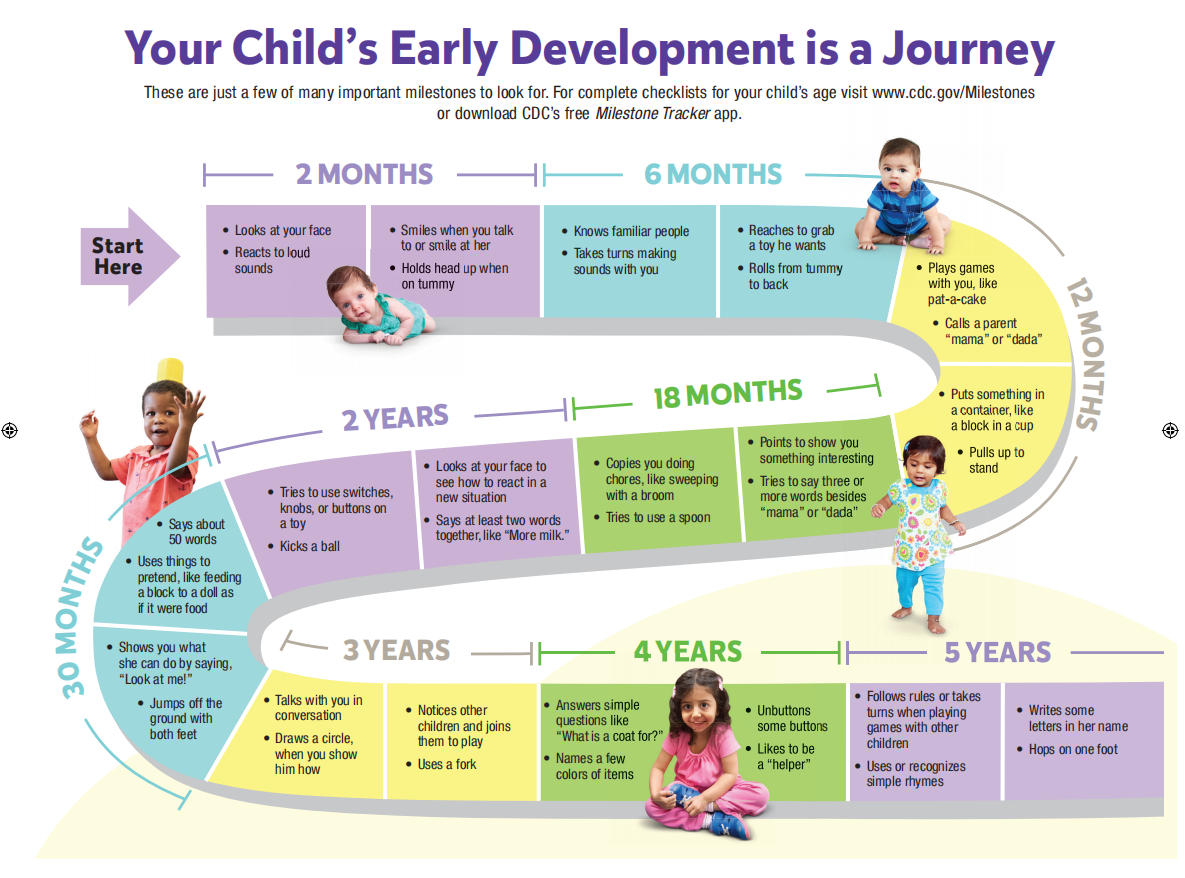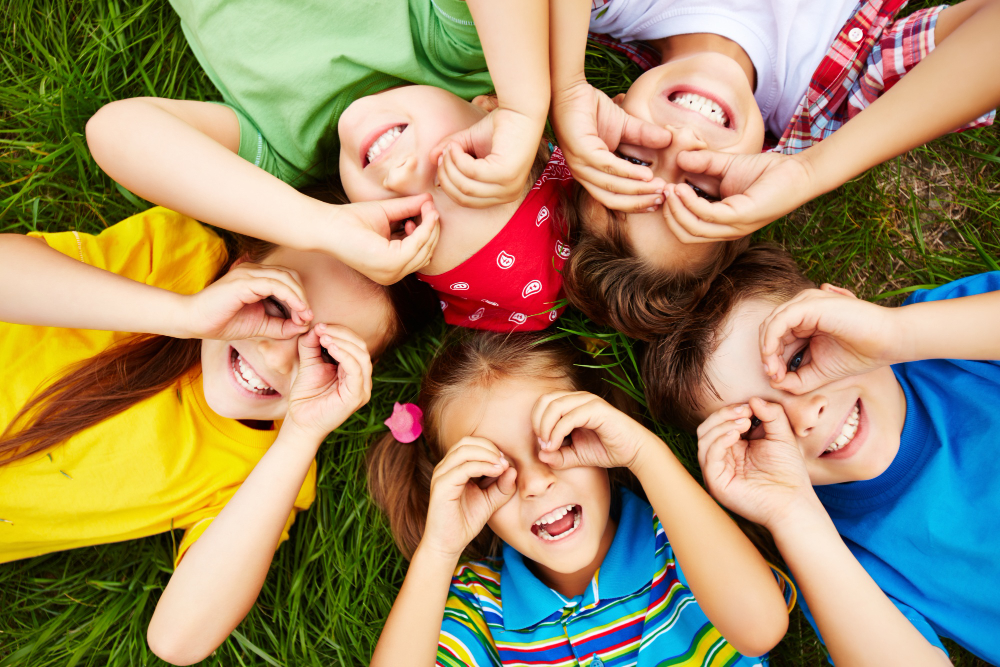for Health
DEVELOPMENTAL MILESTONES

As a parent, it is natural to wonder if your child is developing at the same rate as other kids. In fact, during your child’s growing years, you’re bound to have thousands of questions like – When will my baby start talking? Why is my baby not building blocks? Rest assured, you’re not alone, this is something that every parent does.
What are developmental milestones?
While growth mainly pertains to physical attributes, child development caters to an overall ability to do more complex things. You can learn about your child’s development by observing how they interact with their surroundings, such as how they learn, speak, move, and behave. Such age-specific skills that can be observed and benchmarked are developmental milestones which are used to track and evaluate a child’s development.
What are developmental delays?
Reaching milestones at the expected ages indicates that a child is developing normally, while reaching them much earlier indicates that your child may be ahead of his or her peers of the same age. However, a child may be a little behind at times. And that’s fine. Every child develops and changes at his or her own pace.
The thing to keep an eye on with a child who is falling behind is that they don’t fall too far behind. The failure to reach milestones, or being behind other children of the same age, can be the first sign that a child has a developmental delay.
At Raffles Medical, health care experts use developmental screening to determine whether children are learning basic skills as they should. During an exam, our paediatrician specialist may ask you questions or talk and play with your child to assess his or her development and whether further evaluation or treatment is needed.
How can you identify these milestones?
Developmental milestones fall into mainly these domains – physical, emotional, social, language, and cognitive.
Physical milestones require both large and fine motor skills. Large motor skills, such as sitting up, and crawling, are usually the first to develop. Fine motor skills include movements that require precision, such as grasping a spoon and picking up small objects.
Cognitive milestones cater to the ability of a child to think, learn, and solve problems. For instance, an infant learns to respond to facial expressions and explores things in different ways, like shaking or reaching for a toy.
Children’s social and emotional milestones revolve around them having a better understanding of their own as well as others’ emotions. These abilities also include developing empathy and learning how to interact and play with their peers.
Communication or Language milestones involve both verbal and nonverbal communication. These include children learning their first words and singing a song.
Each milestone is generally associated with an age range. The following is a general list of some of the developmental milestones for children of various ages. Please note that they are not precise guidelines.
Milestones at 4-8 Months
• Social/Emotional – Responds to the presence of other people
• Language/Communication – Babbles and repeats sounds
• Cognitive – Explores objects by looking at and mouthing them
• Movement/Physical – Makes efforts to sit without support
Milestones at 8-12 Months
• Social/Emotional – Clingy with familiar adults; has a favourite toy
• Language/Communication – Responds to own name being called Copies; makes a lot of different sounds like “babababa”
• Cognitive – Plays peek-a-boo
• Movement/Physical – Pulls to standing position, crawls
Milestones at 1-2 Years
• Social/Emotional – Curious, energetic, begins to cooperate when playing
• Language/Communication – Says many words (mostly naming words)
• Cognitive – Points to body parts in a game
• Movement/Physical – Walks, climbs, and runs
Milestones at 2-3 Years
• Social/Emotional – Plays simple pretend; plays with other children
• Language/Communication – Asks lots of questions
• Cognitive – Can follow two or more directions
• Movement/Physical – Turns pages one at a time
Milestones at 3-5 Years
• Social/Emotional – Plays with other children, shares, smiles, and cooperates with peers
• Language/Communication – Copies letters, likes to give and receive affection from parents
• Cognitive – Plays simple make-believe; can follow a 2-step instruction
• Movement/Physical – Hops, jumps, and runs with ease
While most of these milestones, as mentioned above, typically occur during a specific time period, parents must remember that each child is unique, and they may not reach these milestones at the same time. These milestones are simply cues that provide a framework for when to expect certain skills to develop. We understand that it can be upsetting to discover that your child has a developmental delay. Some therapies, however, can help your child with developmental delays function normally or keep up with their peers. If you need support to effectively assess your child’s development or suspect any developmental delays in your child, please book an appointment with our Paediatrician.
Click on the below pdf file on your child’s early development journey referenced from the CDC: www.cdc.gov/Milestones or download CDC’s free Milestone Tracker app for more information.







